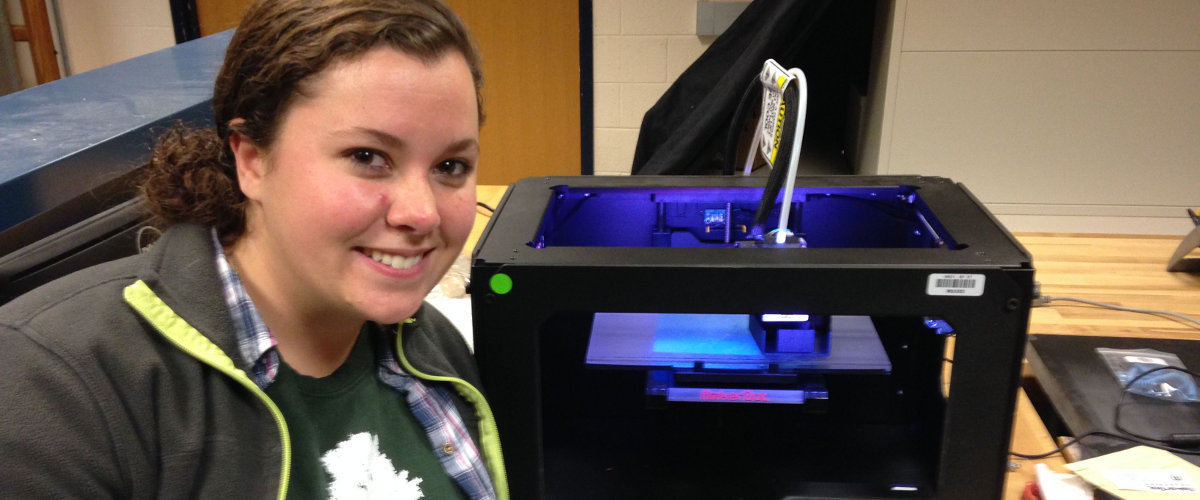
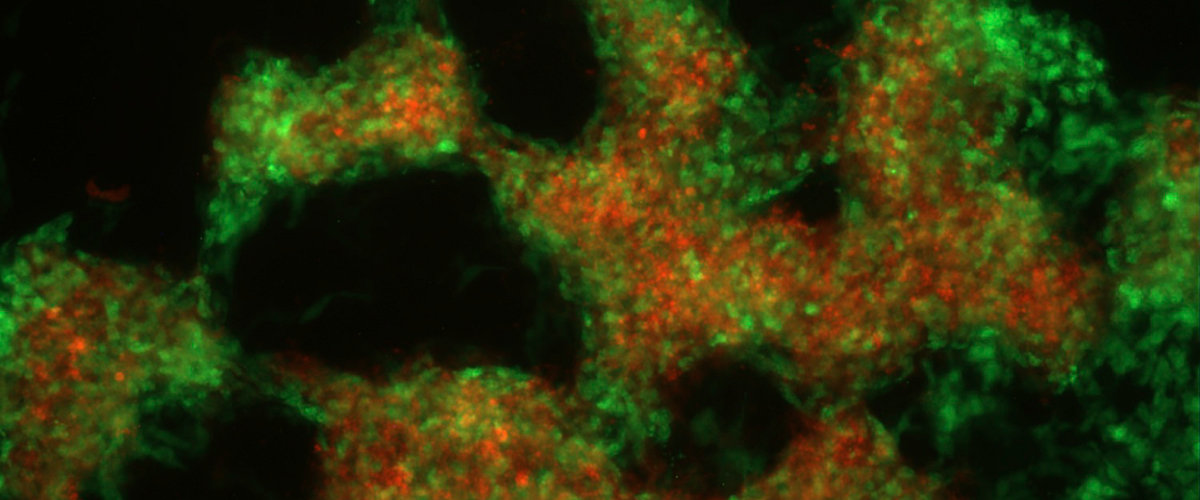
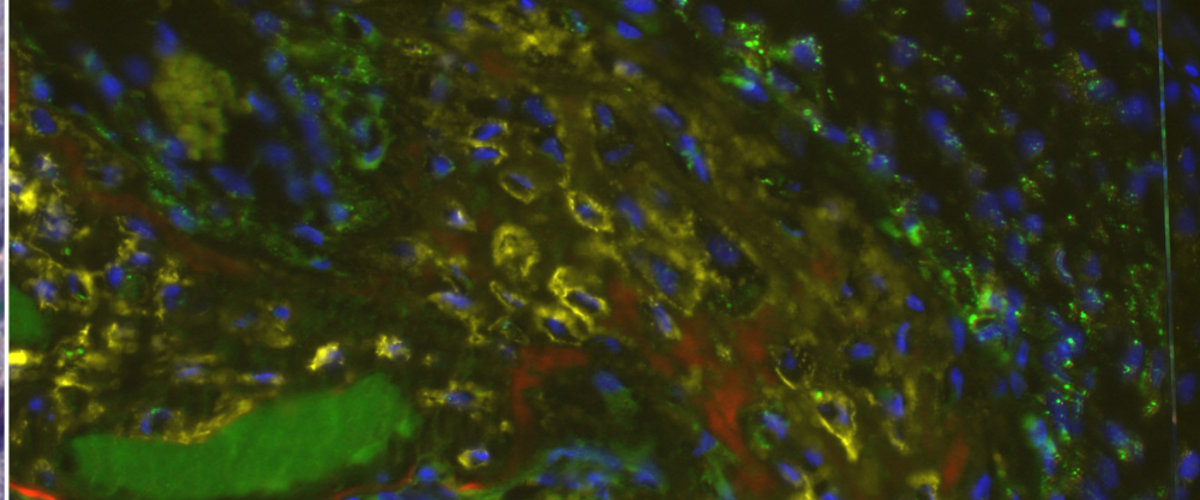

 Dr. Kuhn co-organized a Biomaterials Summer School in 2018 with Prof. Joelle Amedee from Bordeaux, France - jointly organized by US Society for Biomaterials and the European Biomaterials Society.
Dr. Kuhn co-organized a Biomaterials Summer School in 2018 with Prof. Joelle Amedee from Bordeaux, France - jointly organized by US Society for Biomaterials and the European Biomaterials Society.
Clinical Interests

Dr. Kuhn (PhD) conducts preclinical testing of promising medical devices that can improve health outcomes for babies, children and women.
Research Opportunities
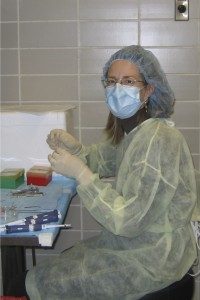
If you are interested in working with Dr. Kuhn on biomaterials research, she is now recruiting a PhD student and a postdoc or a technician for 2024. New graduate students can apply through the UCONN Storrs biomedical engineering graduate program.
Academic Office Location
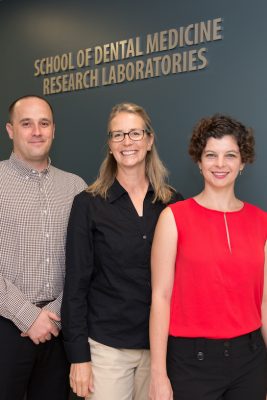
Address:
Department of Biomedical Engineering
University of Connecticut Health Center
263 Farmington Ave, MC 1721
Farmington, CT 06030-1721
Phone: 860-679-3922
Welcome
 Welcome to the Kuhn Biomaterials Lab at the University of Connecticut Health Center (UConn Health). Dr. Kuhn’s laboratory works at the interface of materials science and medicine. She solves medical and dental challenges with innovative biomaterials solutions. Dr. Kuhn's research spans fundamental basic science studies to translational research. She has an expertise in controlled release systems and aged bone repair. Her newest research is focussed on controlled release of anti-senescence drugs to rejuvenate bone healing in the elderly. She heads the Biosymmetrix project which is creating customized non-implantable breast prosthetics for breast cancer survivors treated at UCONN’s Carole and Ray Neag Comprehensive Cancer Center.
Welcome to the Kuhn Biomaterials Lab at the University of Connecticut Health Center (UConn Health). Dr. Kuhn’s laboratory works at the interface of materials science and medicine. She solves medical and dental challenges with innovative biomaterials solutions. Dr. Kuhn's research spans fundamental basic science studies to translational research. She has an expertise in controlled release systems and aged bone repair. Her newest research is focussed on controlled release of anti-senescence drugs to rejuvenate bone healing in the elderly. She heads the Biosymmetrix project which is creating customized non-implantable breast prosthetics for breast cancer survivors treated at UCONN’s Carole and Ray Neag Comprehensive Cancer Center.
The Kuhn Lab's mission is to develop biomaterial technologies to restore or regenerate damaged or diseased tissue, particularly in the elderly.